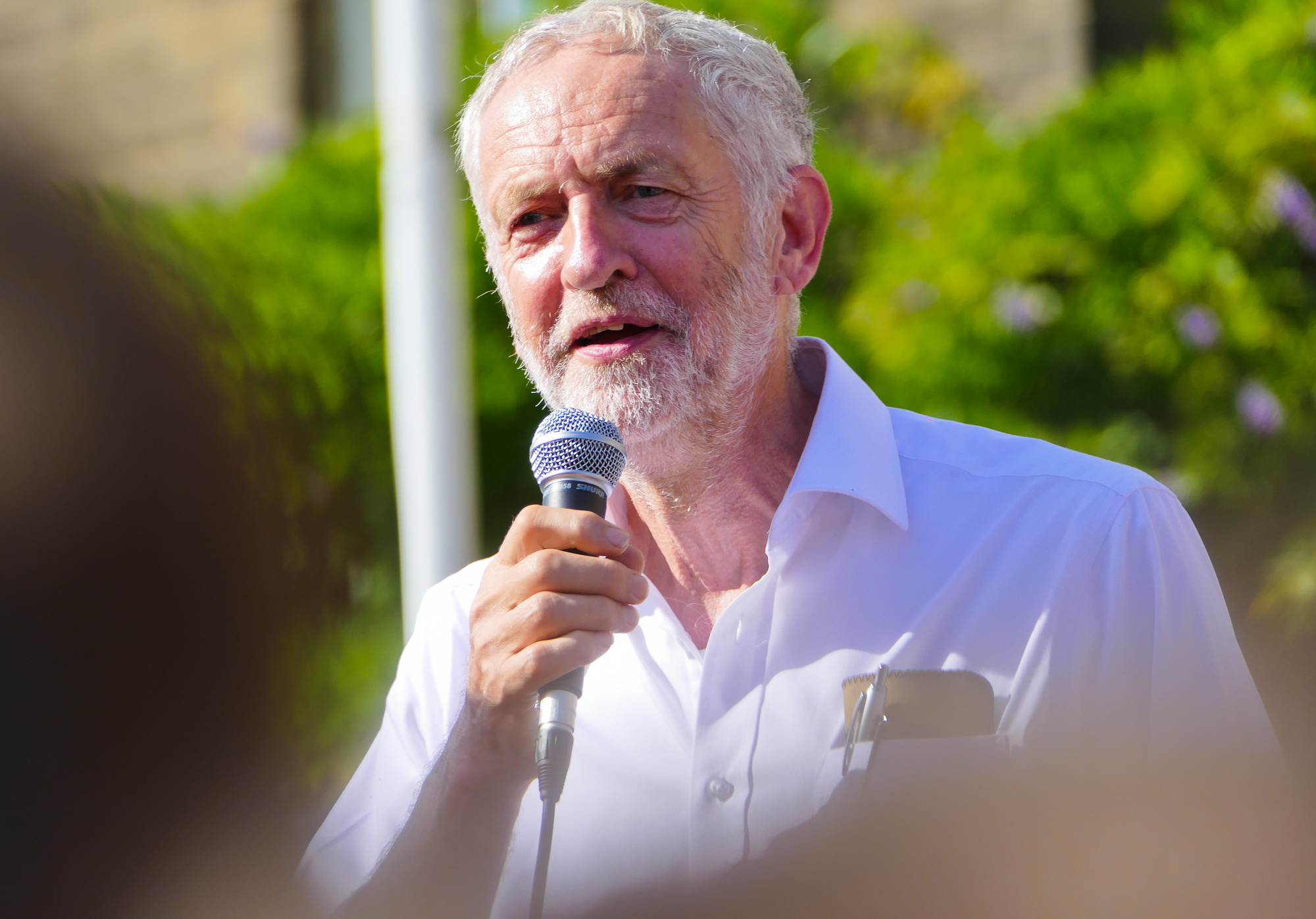Yesterday’s United Kingdom snap general election was an unmitigated disaster for the Labour Party, the political voice of Britain’s working families. The party saw its worst electoral performance since the 1930s, losing dozens of seats to Boris Johnson’s Conservatives, who had gambled (adeptly, as it turns out) that an earlier than expected general election would strengthen their hand.
A fierce debate is already raging online about why Labour lost so badly.
Neoliberal forces have tried to argue that the problem was Labour’s manifesto, which was bold and unabashedly socialist. But public opinion research indicates that much of what Labour had to offer is very popular with the British public.
Corbyn’s camp has argued that the election turned on Brexit, the United Kingdom’s planned exit from the European Union.
While it is true that Brexit was definitely a factor in this election, with Boris Johnson using it as a wedge issue to separate Labour from key segments of Labour’s coalition, Labour had a bigger problem than its position on Brexit: voters’ intense dislike of party leader Jeremy Corbyn.
Had Corbyn stepped aside for the good of the party and made way for a new leader, Labour would likely have performed better in the election.
But he didn’t, and now Labour is in crisis. Even after last night’s shellacking, Corbyn has refused to step down, conceding only that he will not lead Labour in the next general election. For many in his party, that is not good enough.
Labour MP Wes Streeting told Sky News:
If this election were just about hard work and sheer footwork on the ground, the Labour party would have won a landslide majority. Labour activists could not have worked harder. This defeat wasn’t theirs. I believe in party democracy. And I believe Labour members have just as big a responsibility to listen to the voters as me.
And what I would say to Jeremy Corbyn and his apologists is they had everything they wanted at this election. They had the leader they wanted, the NEC [national executive committee] they wanted, the political strategy they wanted and, having sacked a load of people in head office, the executive leadership that they wanted too.
The one thing they didn’t have was the support of the British people. You can sideline Labour MPs, you can sack the staff, you can deselect the NEC and all the rest of it, but you can’t deselect the voters, and it’s time we started listening to Labour voters.
Because right across the country, in leave seats like mine, in remain seats, Labour’s vote share went down.
Labour MP Ian Murray, the last Labour MP left in Scotland, concurred.
Every door I knocked on, and my team and I spoke to 11,000 people, mentioned Corbyn. Not Brexit but Corbyn.
I’ve been saying this for years. The outcome is that we’ve let the country down and we must change course and fast.
London Mayor Sadiq Khan, a Remainer, was equally blunt.
If we are truly honest with ourselves, we know in our hearts that Jeremy Corbyn’s leadership was deeply unpopular with the British people and that we were extremely unlikely to form a Labour government last night. Labour’s shocking and repeated failure to tackle anti-Semitism, and our inability to put forward a credible and believable set of priorities for governing, have made a major contribution to the scale of this defeat … Labour now stands more politically and culturally removed than ever before from many of the people our party was formed to represent.
Khan had previously warned that Corbyn’s leadership would lead to disaster.
Polling offers evidence that it was indeed Corbyn, not Brexit or the manifesto, that prompted voters to turn away from the Labour Party in this election.
“We asked voters why they had not voted for particular parties in our on the day poll (12th December). For Labour, the key issue was the leadership,” Opinium Research tweeted, referring to Jeremy Corbyn.
Labour was disastrously, catastrophically bad, an agony to behold. A coterie of Corbynites cared more about gripping power within the party than saving the country by winning the election.
The national executive committee, a slate of nodding Corbynite place-persons, disgraced the party with its sectarian decisions.
Once it was plain in every poll and focus group that Corbynism was electoral arsenic, they should have propelled him out, but electoral victory was secondary.
People will say “we had to let him try”. We did let him try. For years. He lost the referendum in 2016. He lost the election in 2017. He lost the EU elections in 2019. He’s lost again. The only thing he’s won was “most unpopular Leader of Opposition in history”.
People will say “the soft left didn’t help him”. We did. We proposed him as leader. We elected him leader. We voted for him in elections.
Given the election result and the evidence that his leadership has been disastrous, Jeremy Corbyn’s plan to stay on as Labour leader during a “period of reflection” seems extraordinarily unwise. He should step down immediately so that he does not remain the face of Labour during the Speech from the Throne and the initial meetings of the new Parlimanet in Westminster. Labour can’t waste any time beginning its recovery from this electoral catastrophe.

